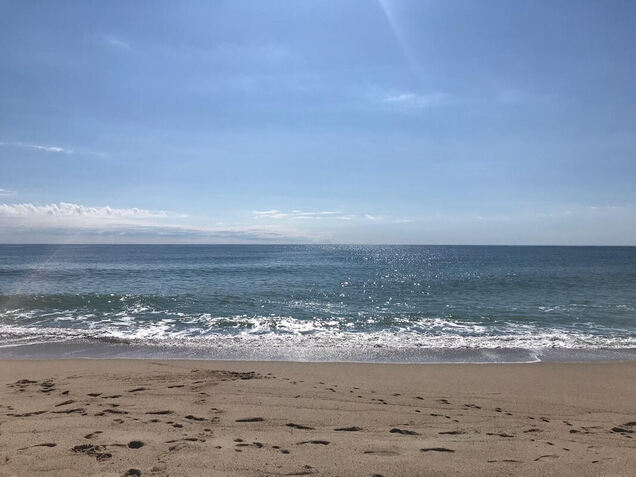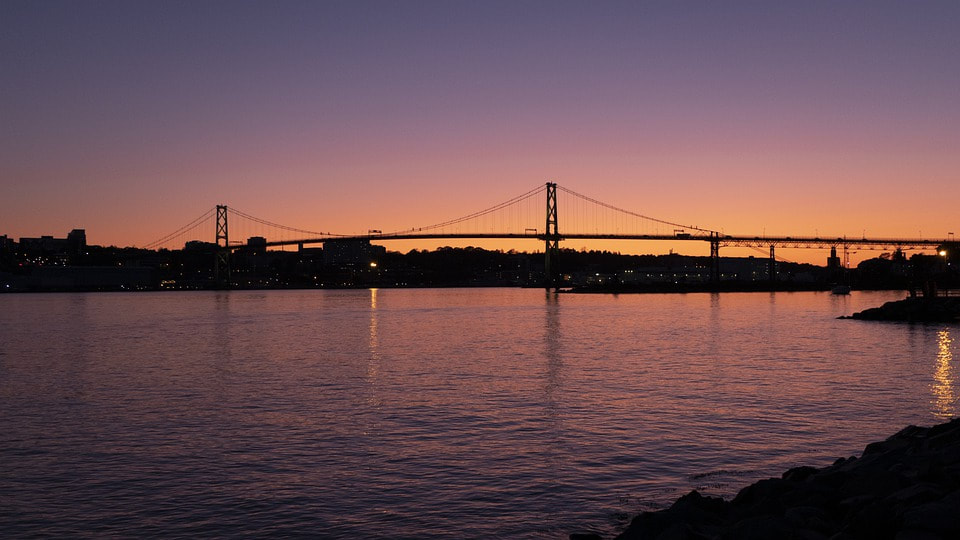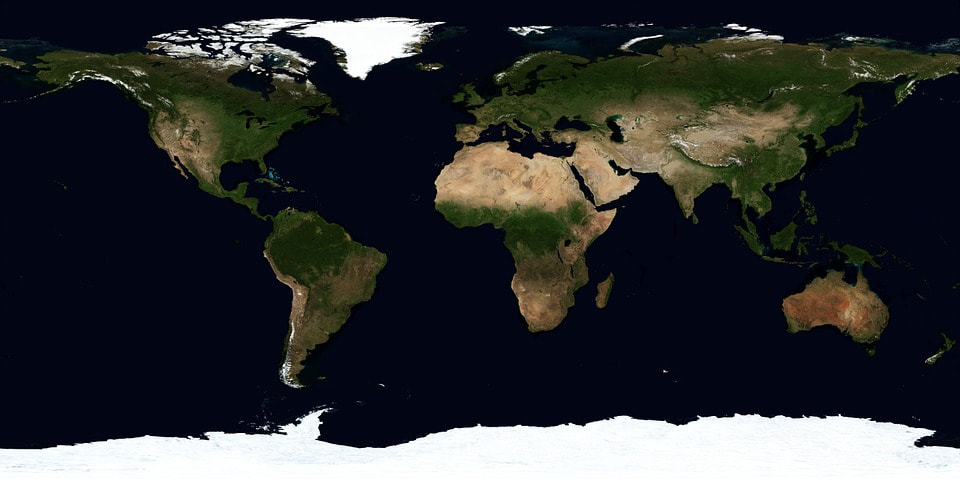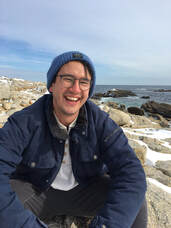|
June 8th is World Oceans Day—or, depending on who you ask, World Ocean Day. Why is there a debate? Surely, in an age where thousands of satellites orbit the Earth, we know how many oceans there are? But it turns out, it’s a little more complicated.  The ocean as seen from a beach Let’s start close to home. If you’ve visited Back to the Sea’s Touch Tank Hut at the Dartmouth Waterfront, then you’ve probably seen the ocean while you’re there—it’s the big blue thing right in front of you! You can’t miss it. Here in Nova Scotia, we live next to the Atlantic Ocean. Canada borders three different oceans: to the west is the Pacific, and up north is the Arctic. But how many oceans are there in the world? Halifax harbour at sunset, showing the Macdonald bridge If you listen to Eurythmics or are a pirate from the olden-times, you might have heard that there are “seven seas”. What exactly are they? That rather depends on who you ask, and when. First of all, even though “seas” and “oceans” are often used interchangeably, geographers make a distinction: seas are smaller and are often partially enclosed by land. Secondly, many different cultures and eras used “seven seas” as a catch-all term for the waters that extended towards the limits of their known world. For the ancient Persians, the “seven seas” were actually rivers and in Central Asia. It wasn’t until Europeans began exploring the world that the seven seas came to include the oceans as we know them today. Map showing all of the world's oceans So, let’s count the oceans and see if they add up to seven. We already know three of them: the Arctic, the Pacific, and the Atlantic. The fourth ocean is the Indian Ocean, located between Africa, Asia, and Australia. And that’s where the list ends—for some people. Others recognize a fifth ocean surrounding Antarctica called the Southern Ocean. In 2000, the International Hydrological Society—the global authority on nautical charts—proposed a new boundary for the Southern Ocean. But it was never ratified by all the member states, so its “official” existence remains up in the air, and some maps don’t include it. As the previous example makes clear, the reasons why we create boundaries between oceans can sometimes be a bit arbitrary. It’s hard to say exactly where one ocean ends and another one begins. Even though we talk about different oceans and seas, all the water in the ocean is connected, although it can take a very long time--up to 1,000 years—for a parcel of water to make its way from end of the ocean to another. That’s why some people think we should call it World Ocean Day: to remind ourselves that there’s only one big, interconnected ocean that we’re a part of, too. The ocean is complicated—and people make it even more complicated. No matter which way you to choose to celebrate, Ocean Day or Oceans Day, I hope you take some time today to think about the incredible waters that make up 71 percent of our planet and how we can protect them.
0 Comments
Leave a Reply. |
Categories
All
We send blog recaps with in all our quarterly newsletters!
|


